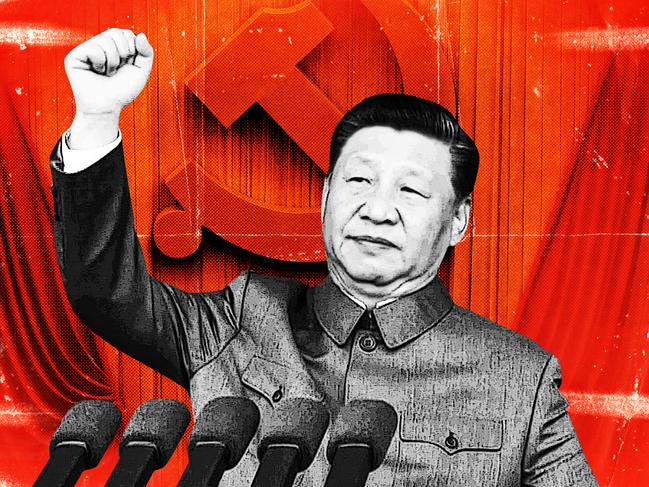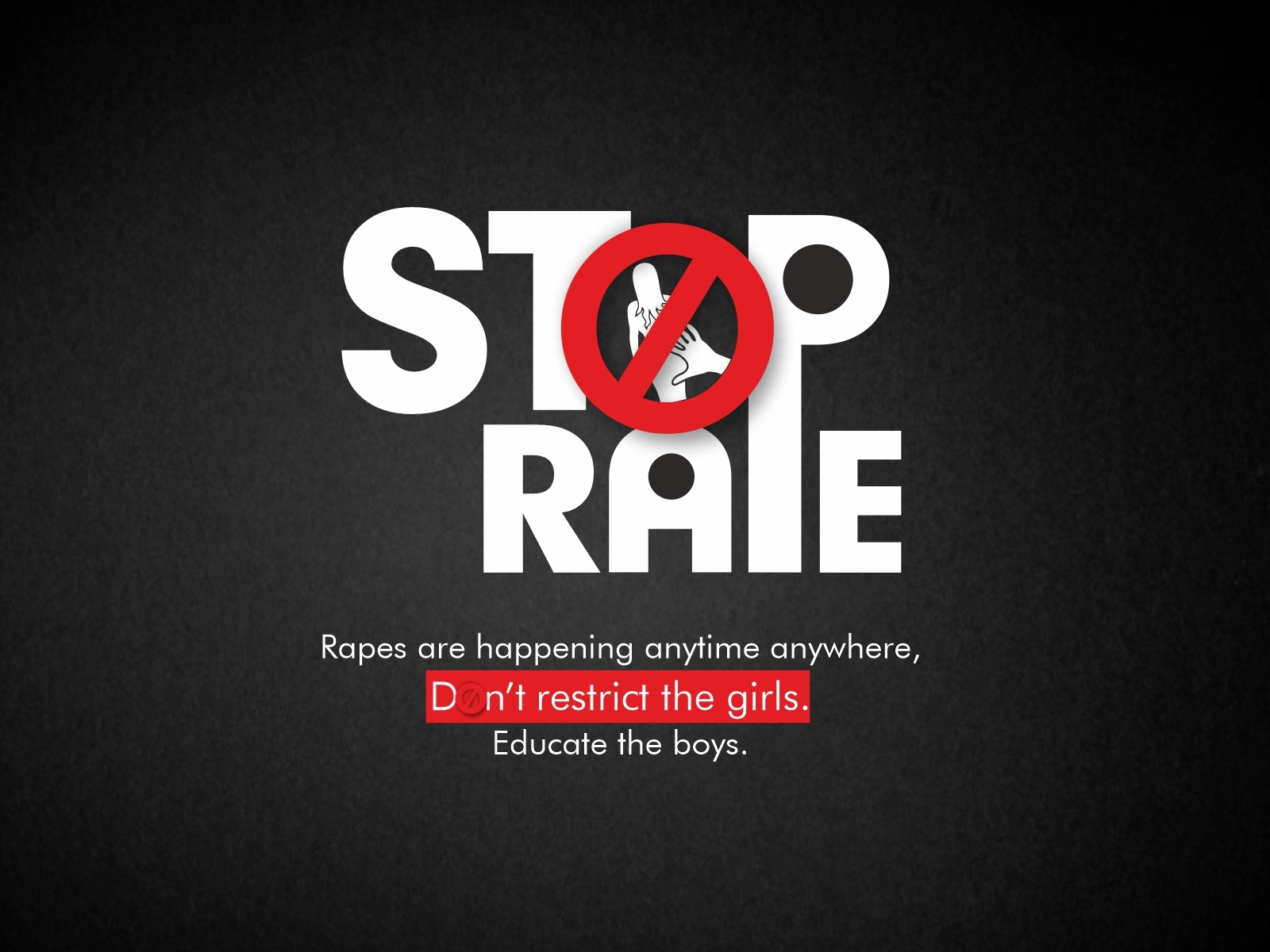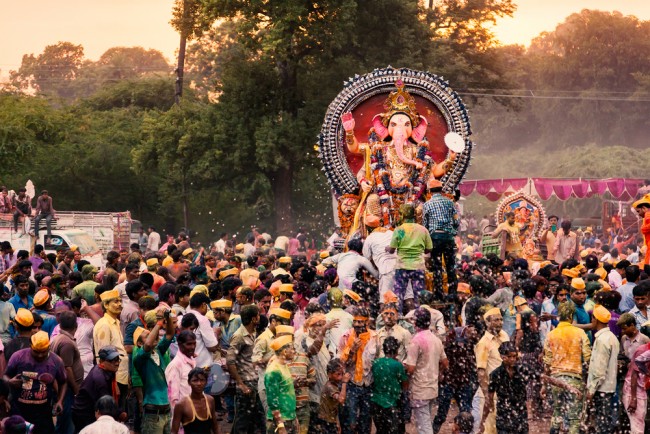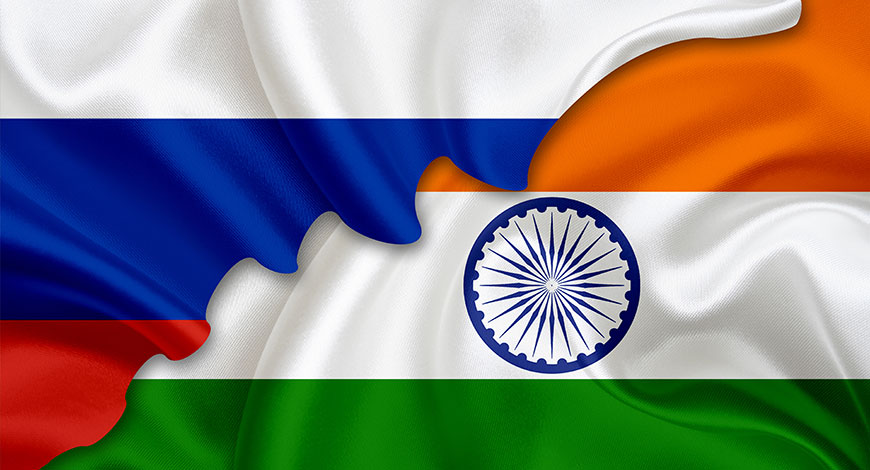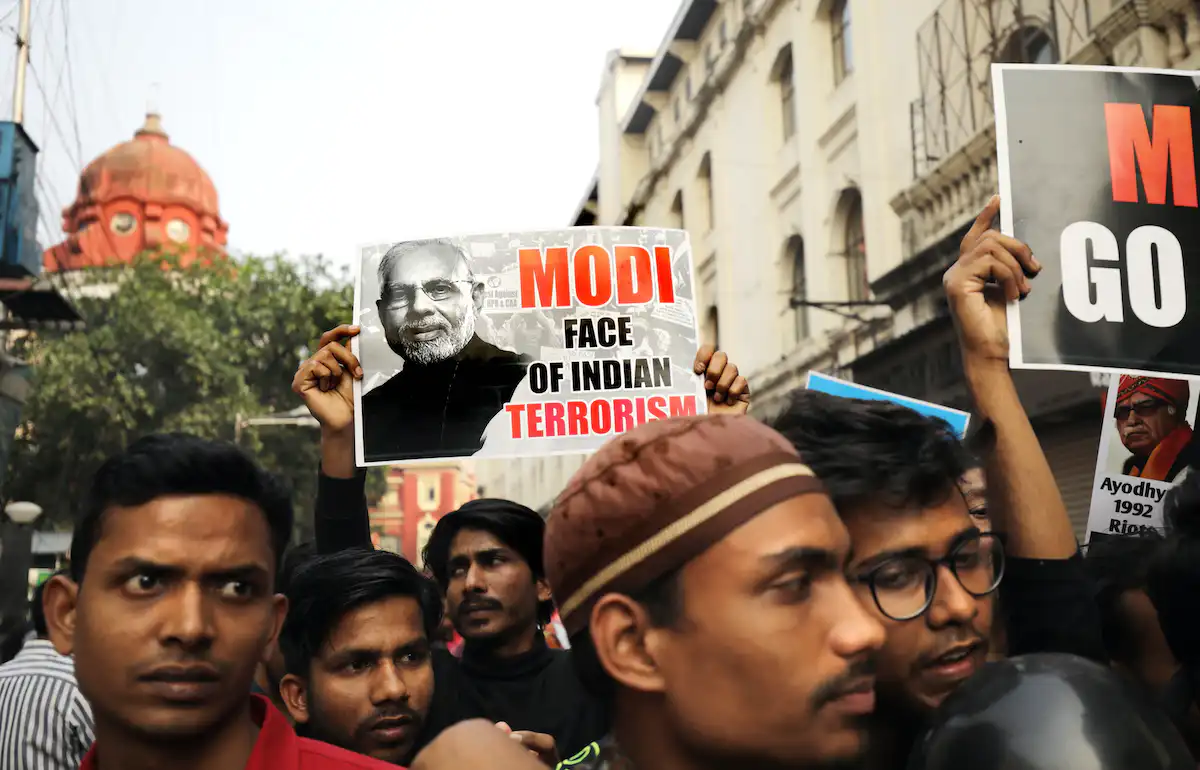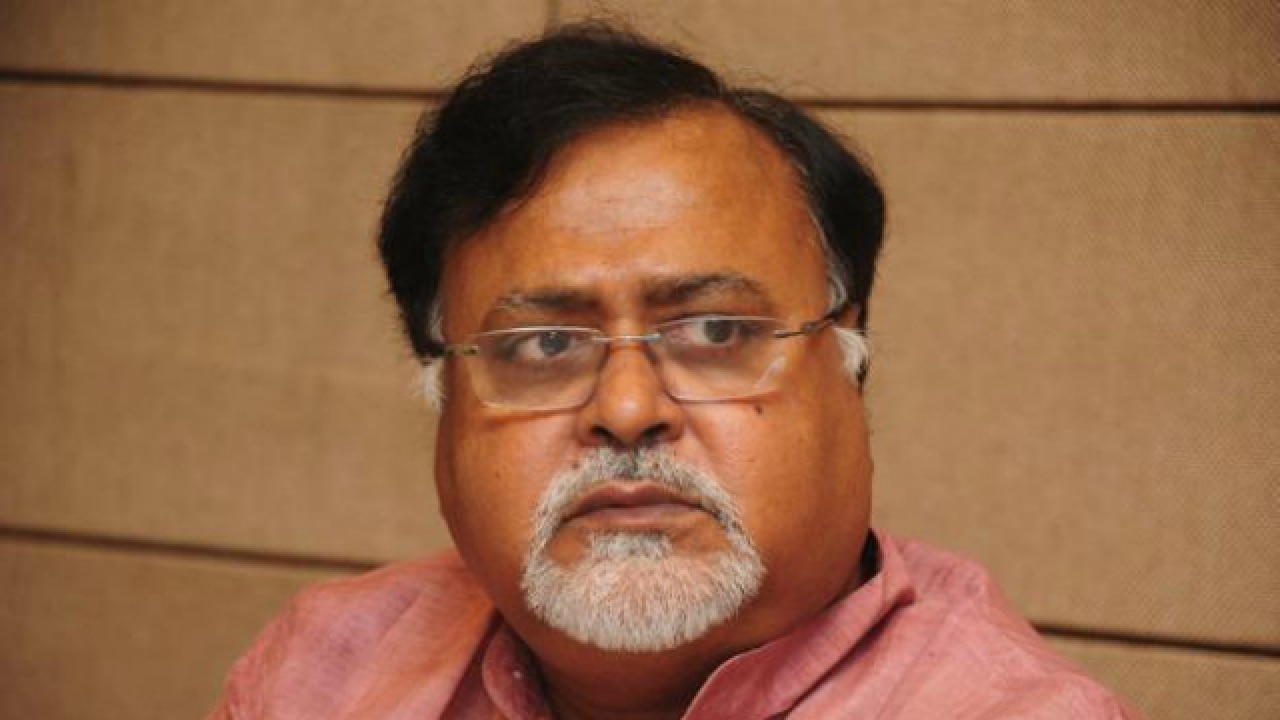We are right at the top of one worldwide rating, regardless of where we may be in other categories. Even though 800 million people there still rely on government handouts for food, India has the dubious reputation of holding the costliest democratic elections in the history of democracy. The cost of the 2019 parliamentary elections has been pegged at USD 2 billion. The additional US $5 billion was spent by political parties and individual candidates. These sums will most certainly quadruple before the national election scheduled for 2024.
Cancer at the very heart of our democratic process is the relationship between unreported income and politics. It is the root of all corruption in India. How can the rest of society be clean if those who are responsible for passing rules prohibiting corruption are themselves products of a corrupt system? Parties seek to reward these “generous” worthies when they accept monetary donations or “electoral bonds” from publicly unnamed contributors. Candidates’ top objective when exceeding the legal limit for campaign spending is to milk the state for a return on their “investment.”
The tragedy is that, while being aware of this gloom, all political parties gladly cooperate to keep it going. Since our country’s independence in 1947, no law has been passed that effectively addresses this issue. But there is now a chance to do so because of the increasing speed of digitization. To do this, however, the past’s lies must be forgotten and a new system of open and responsible funding must be implemented.
The lie comes first. The goal of PM Narendra Modi’s 2016 demonetisation drive was to eradicate black money from the economy. In addition to creating incalculable suffering for the average person, the poorly thought-out decision crashed the economy and, according to some estimates, decreased our GDP growth by as much as 2%. It failed simply because the wealthy and powerful, who controlled the vast majority of the black money, discovered sufficient methods to turn it into white. But it’s saying that the government introduced the electoral bond programme in the 2018 Budget, allowing white money to be used for the same malicious goal of giving political parties unaccountable funding.
It’s critical to comprehend how this operates. Through time-limited electoral bonds issued by a bank, the electoral bond scheme allowed individuals, groups, and corporations to make financial contributions to political parties. The government had changed the guidelines for financial donations a year earlier by reducing the cap for anonymous cash contributors from 20,000 to 2,000. This effectively provided the façade for electoral change.
These so-called “reforms” only gave contributors a legal way to give political parties the same amount of secret money in an anonymous fashion. This was accomplished through two hurried changes to the electoral bond programme. First, the requirement that businesses disclose their political donations in their yearly profit and loss accounts was repealed. No one would ever be able to determine which commercial organisation donated how much to which political party because of this intentional cloak of anonymity.
The prior limit on corporate political spending of 7.5% of a company’s average net profit over the previous three years was eliminated by the second amendment. Earlier, the Foreign Contribution Regulation Act of 2010 had been retroactively altered by the government. Only foreign businesses that owned a majority stake in an Indian political party were eligible to donate under the prior rule. This bar was taken down.
The result was that wealthy contributors could make limitless contributions to political parties in cosy anonymity through legal banking channels without anybody but the recipient knowing about it—and becoming richer. The degree of deceit behind the facade of “legitimacy” was astounding. Nothing changed. The only difference was that limitless sums could still be transferred to political parties through banking methods while maintaining donor identity and remaining completely secret from the public. There was no break in the politician-donor relationship. The whole public had no business knowing what had happened between them. The beneficiary would be aware of who had unlocked the wallet for it and would distribute “favours” accordingly. Without any oversight from the public, the contributor may anticipate getting the same “special” treatment from the government that he would have otherwise received through monetary donations. The whole “reform” was veiled in secrecy, maintaining the corrupt old system under the guise of the new.
Before the national elections in 2024, India must have a new structure in place for open political financing.
The Supreme Court has been debating the constitutionality of electoral bonds for a very long time. Nobody can dispute the fact that political parties in any democracy require funding, and this funding frequently exceeds the minimum that registered party employees may be required to pay. The problem is to put a system in place that recognises this need while also successfully severing the link between unaccountable money and politics.
Here, the recent fast digitization that we have seen can be quite important. What we need is a system where even a little gift, like a rupee, can only be done online and be transparently accounted for. Bernie Sanders’ concept of digitally transparent crowd fundraising already has a successful pilot programme for this form of funding. The presidential candidate for the US Democratic Party in the 2016 and 2020 elections rejected megadonors and made a pitch for small donors with donations that were made digitally, could be traced and were completely accounted for. With the help of a skilled digital team, he was able to raise almost $200 million through modest (on average $27 online donations from residents).
Since there is no technical reason why it cannot be done, we need a system like this in India where all political contributions are made public on a website to maintain our democratic credentials and break the toxic link between money and politics. Why should even gifts of 2,000 yen go missing in today’s digital age?
Political will is what is needed for this critical political transformation. Will our political system be willing to adapt for the benefit of the next generations?
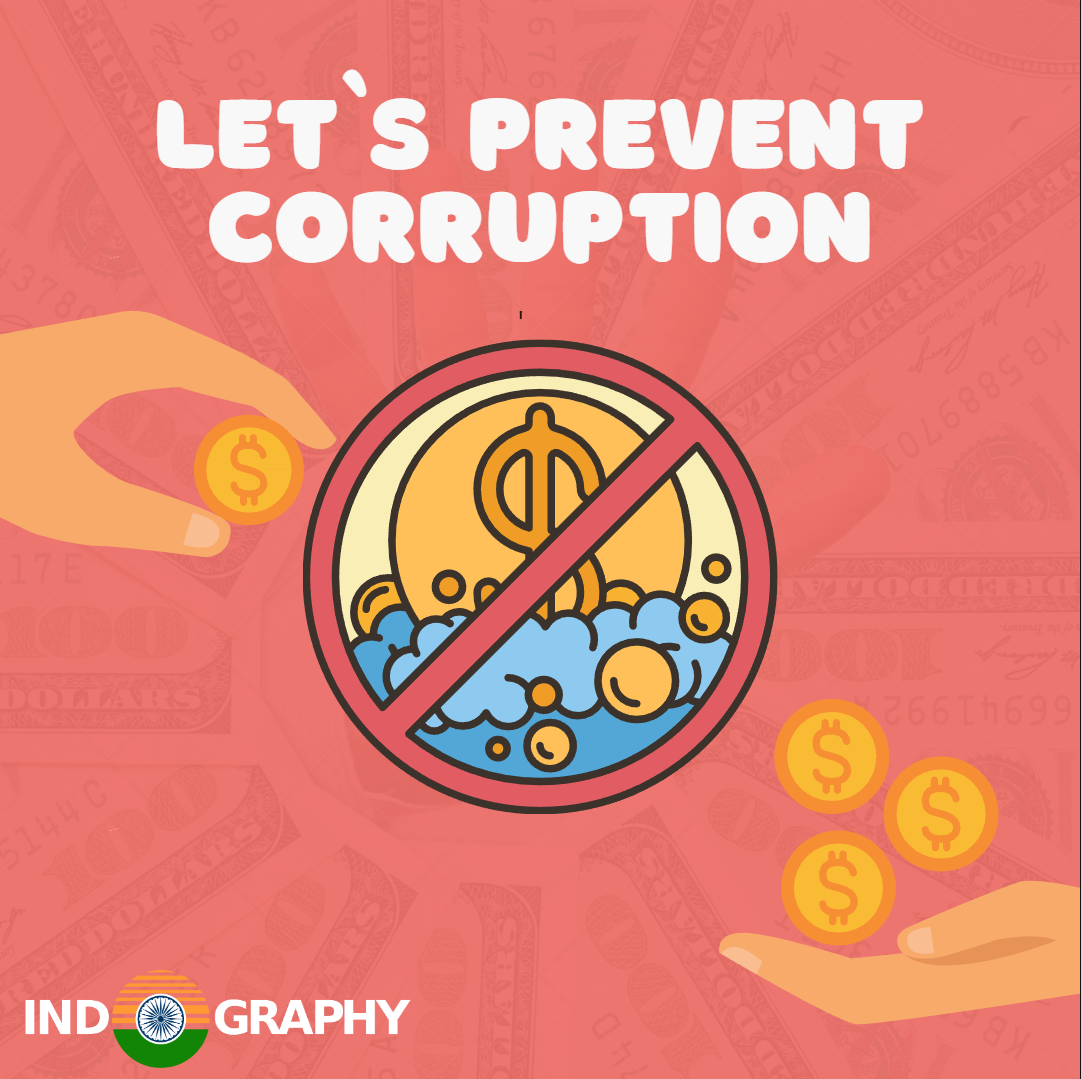

Add a comment


